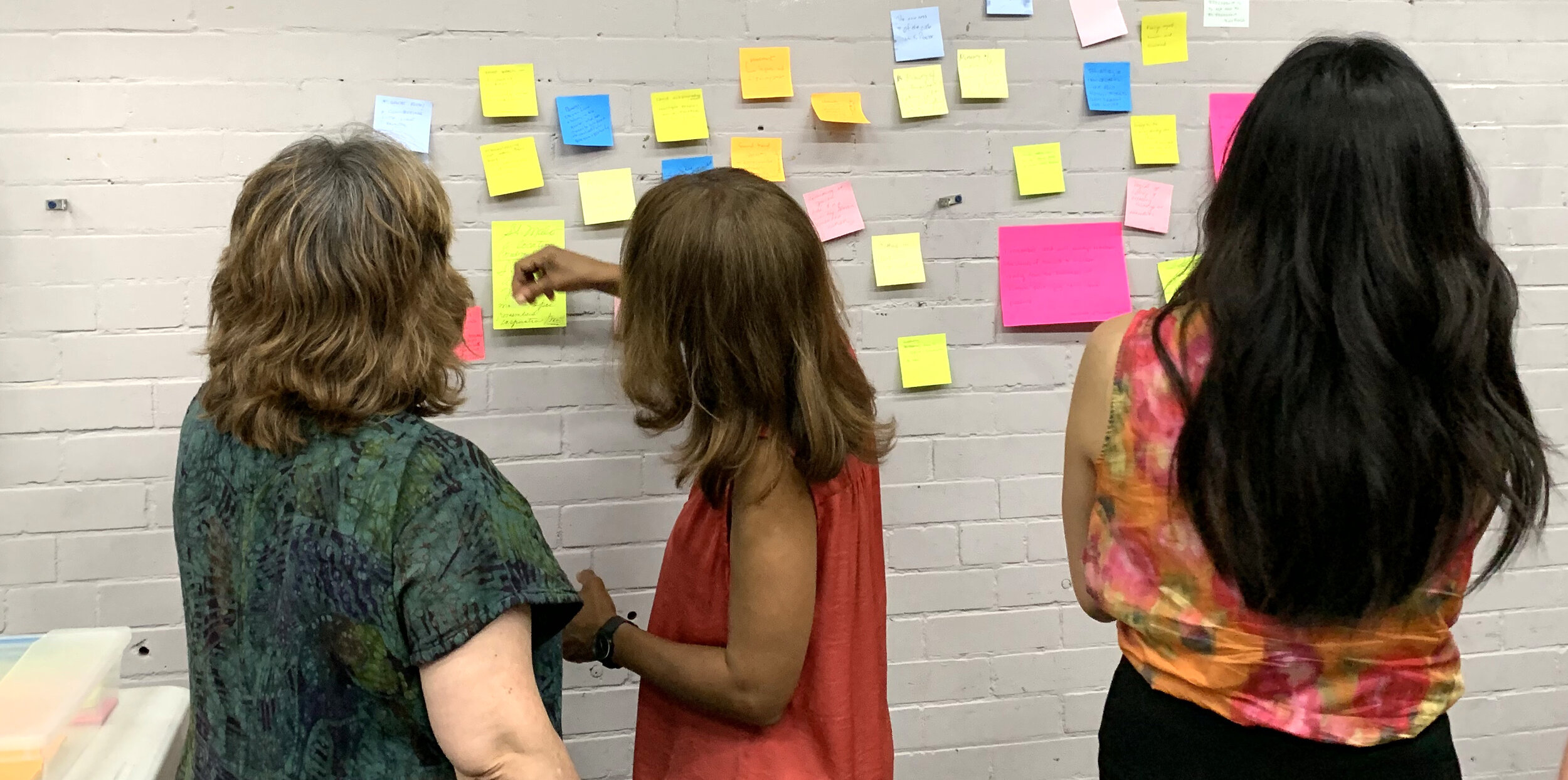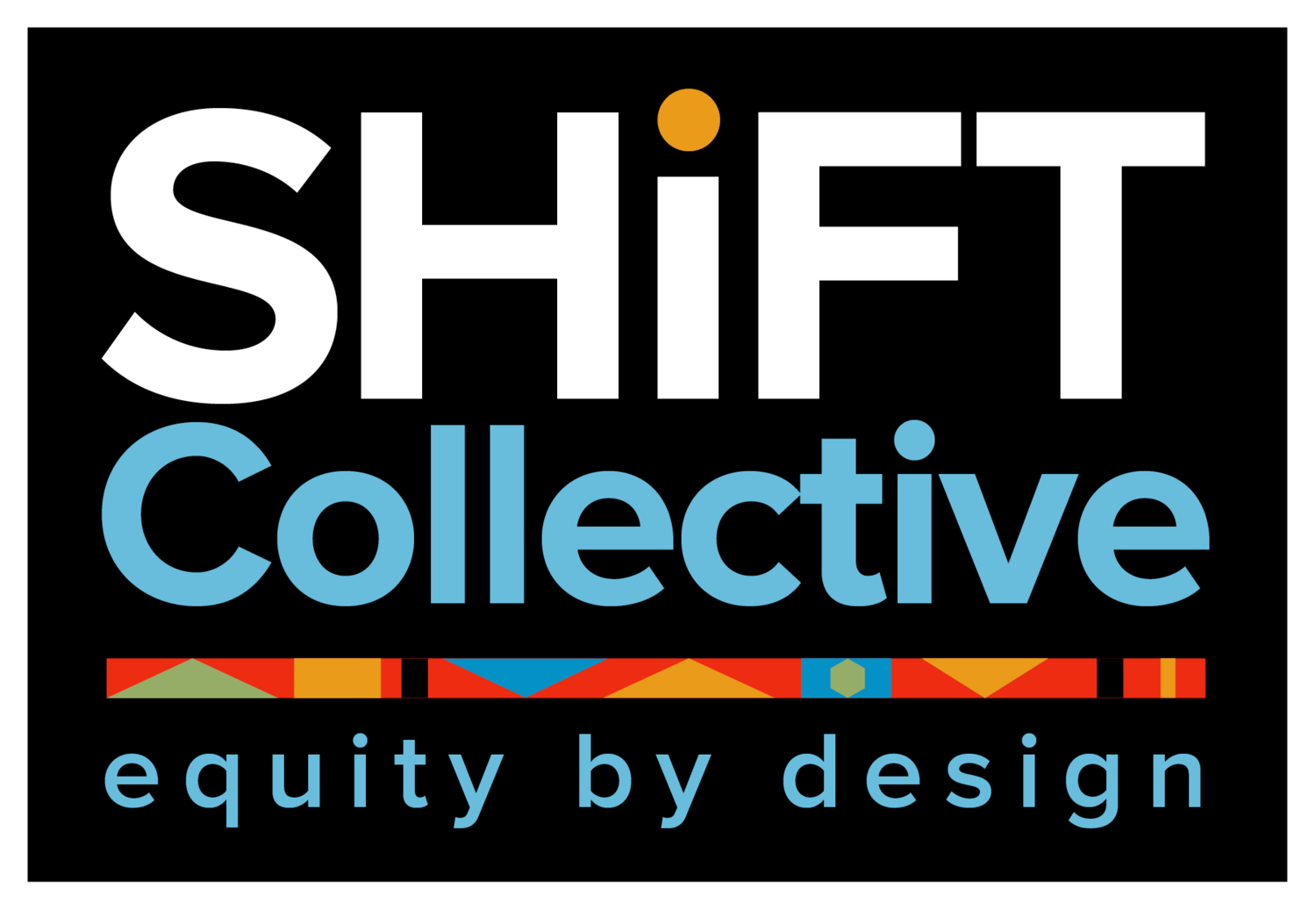
Strategy: Investing in America’s Diverse Culture and History Collections
Helping funders better understand the needs of small and diverse community-based archives
The Challenge
The National Historical Publications and Records Commission (NHPRC) sought to gain a comprehensive understanding of the landscape of collections in small and diverse archives. They hope to better support these organizations by identifying their discovery, access, and use challenges. The responses to this survey will help the NHPRC address one of the commission’s major strategic goals: “To enhance the capacity of small and diverse organizations with historical records collections.”
Our Approach
In 2020, Shift Collective carried out a targeted survey to engage with small and diverse archives practitioners to help inform the NHPRC about the state of the archives they maintain in terms of funding, collections discovery, access and use, and how these issues impact their long-term sustainability. The call for this needs assessment sought to identify those records collections documenting America’s diverse culture and history that are difficult for people to discover, access, and use. These may include records of people of color, rural communities, religious minorities, social movements, etc., as well as those records not housed in archival repositories. This study focuses on diverse collections with that definition of diversity in mind.
This research gives a glimpse into the challenges facing community-based archives and other community memory collections not typically aligned with larger institutions. Key areas outlined in the research indicate that direct financial investments in these types of organizations and collections have the ability to create much greater social and historical impact, dollar for dollar, than those seeking to change or retrofit larger institutions.
Stats and Impacts
A total of 45 respondents completed the survey. Survey participants represent community-based archives, historical societies, public and rural library archives, tribal archives, archives in small museums, and archives in community organizations such as civic and activist groups.
We outline 7 key findings about the needs of these organizations in relation to these rich, diverse and representative collections.
We also propose specific action items for enhanced discovery, access, and use of small and diverse community archives; and ways to better support small archival organizations as they work to enhance the discovery, access, and use of their collections.
“[We need] financial support for general operations/ unrestricted funds. Programming funds are relatively easier to obtain, both locally and grant supported. Keeping the doors open, lights on, and stipends are less glamorous but it allows us to continue great programming and maintaining the archives.”
“{Our concern is] overhead maintenance costs, to pay for the space which houses the collection.”
“We need a master strategy to organize, digitize, and insure our assets.”


